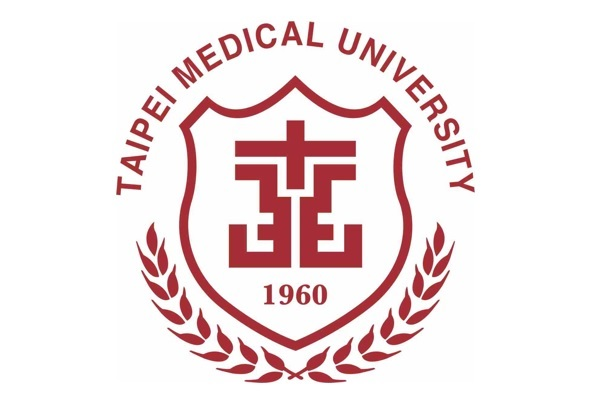Structural BioMed Laboratory; The Ph.D Program for Translational Medicine
Research Field
Cheng-Chung Lee is an Associate Research Fellow in the Ph.D. Program for Translational Medicine at Taipei Medical University, Taiwan. Dr. Lee's academic background lies in chemistry and structural biology. He initiated his research journey in protein crystallography and protein engineering during his Ph.D. studies at the Institute of Biochemistry and Molecular Biology, School of Life Sciences, National Yang Ming University, Taiwan. His doctoral research aimed to elucidate the 3D structure of infectious bursal disease virus (IBDV) viral particles using X-ray crystallography, contributing significantly to identifying functional epitopes on particle surfaces for vaccine design. Continuing his exploration in structural biology and virology, Dr. Lee pursued postdoctoral research at the Institute of Biological Chemistry, Academia Sinica, Taiwan, from 2008 to 2011. Building upon this experience, he redirected his focus towards enzyme engineering in the biofuel field and the study of viral neutralization antibodies. From 2011 to 2015, Dr. Lee served as a Project Manager at the Core Facilities for Protein Structural Analysis (CFPSA), where he continued his research work and technical development. In 2016, he was promoted to Senior Research Scientist at the Taiwan Protein Project (TPP) and subsequently transitioned to the Technology Supporting Platform Axis (TSPA) at Academia Sinica, Taiwan, where he remained from 2020 to 2022.
Our Structural BioMed Laboratory is dedicated to advancing structure-based protein engineering for developing highly applicable protein molecules. Our research focuses on enzymes in synthetic biology and antibodies for diagnostic and therapeutic applications. We have established antibody engineering platforms and developed potential therapeutic antibodies, including, antibody-conjugated sEVs (CAR-sEVs), antibody-drug conjugation (anti-Her2 ADC), antibody affinity maturation (anti-IL-1β), and source substitution (humanization).
Currently, we are interested in autoimmune diseases. Autoimmune diseases result from the immune system mistakenly attacking healthy cells and tissues, leading to chronic inflammation and organ dysfunction. Our efforts are focused on developing antibodies for detecting and treating autoimmune diseases in humans.
- Study of the prodigiosin biosynthesis pathway and enzyme engineering.
- Antibody-drug conjugation for the treatment of cancer.
- Development of cytokine-specific antibodies for the treatment of inflammatory diseases.
- Investigation of anti-ANA antibodies in systemic lupus erythematosus (SLE).
- Contest Award of Annual Academic Poster, the Fisheries Society of Taiwan. December 19, 2009
- Fellowship Award of Young Scientist Program (YSP), 22nd IUBMB and 37th FEBS Congress: From Single Molecules to Systems Biology, Sevilla, Spain. September 4–9, 2012
2003-2008 Ph.D., Institute of Biochemistry and Molecular Biology, National Yang Ming University, School of Life Sciences, Taiwan.
2000-2002 M.S., Graduate Institute of Biotechnology, National Chung Hsing University, College of Agriculture and National Resources, Taiwan.
1996-2000 B.S., Department of Chemistry, Tamkang University, College of Science, Taiwan.
2 Vacancies
Job Description
Students will have training in protein crystallography with synchrotron experiments and gain advanced knowledge of molecular biology and biophysical techniques. Students need to present a final report at the end of this program.
Preferred Intern Education Level
BS/MS/ PhD in Life Science
Skill sets or Qualities
Priority consideration will be given to students with a background in structural biology.
